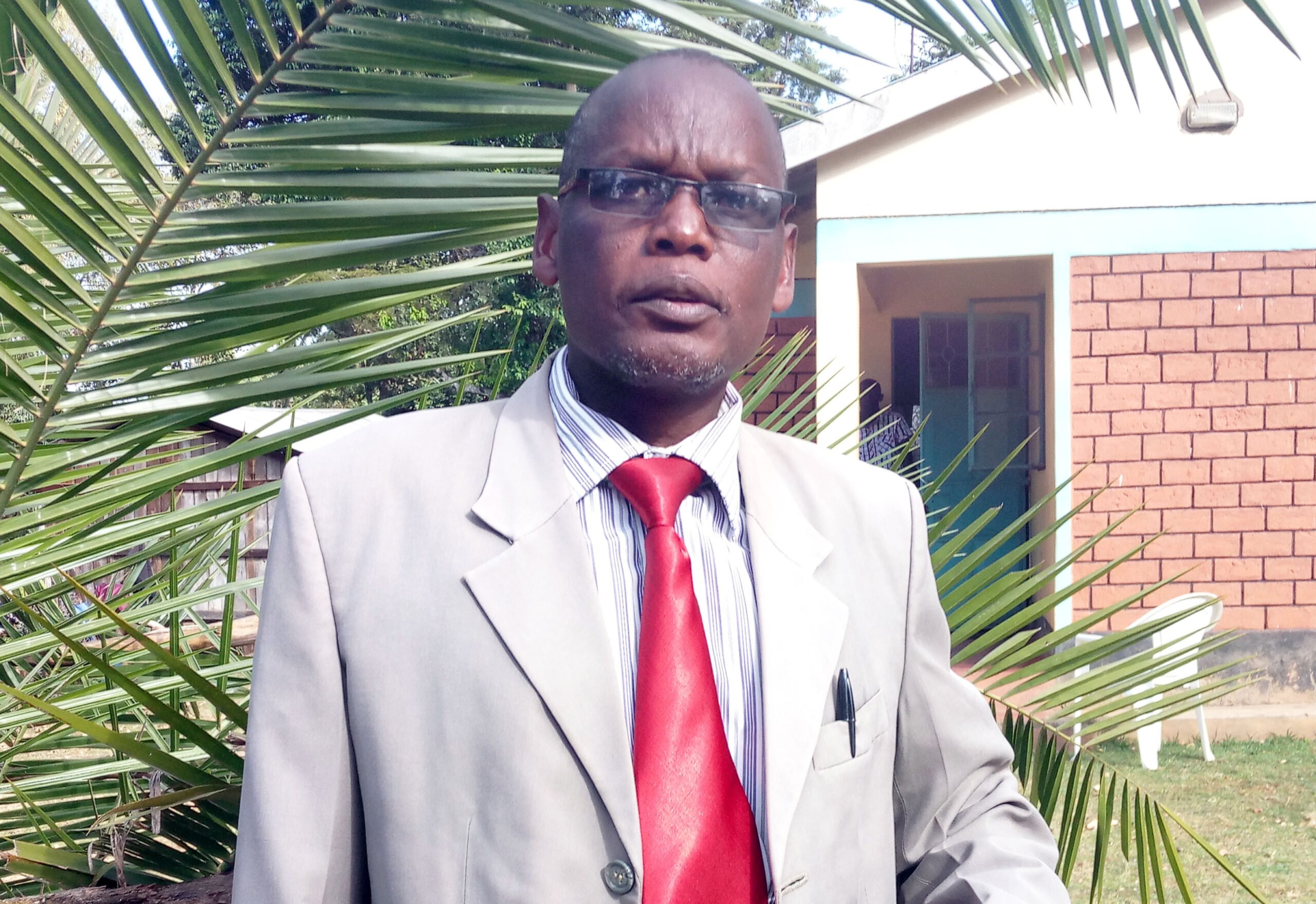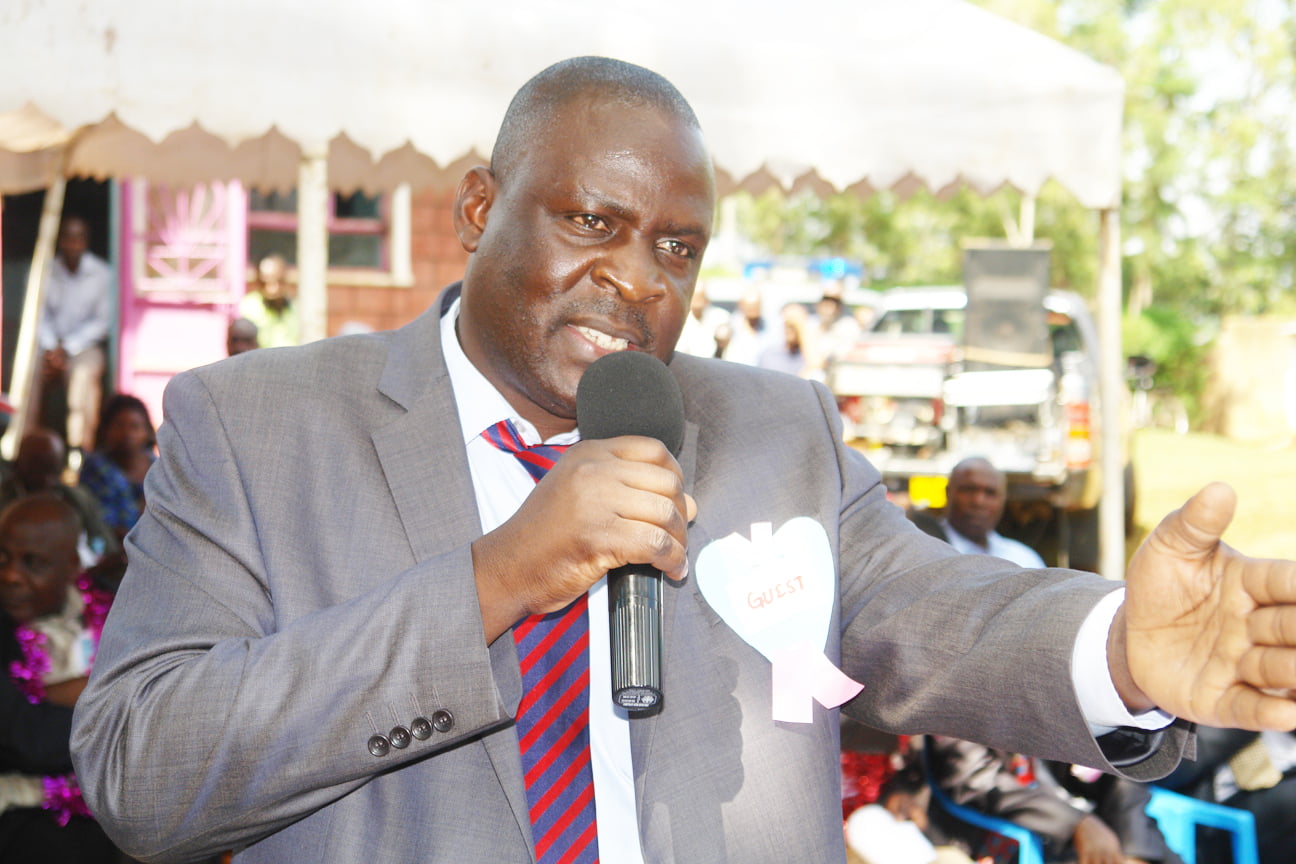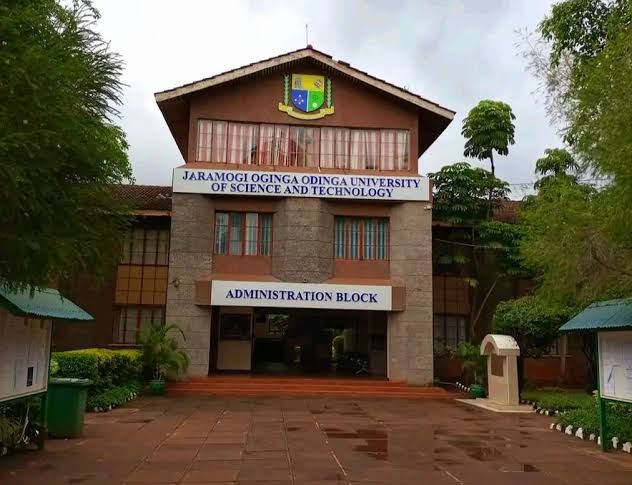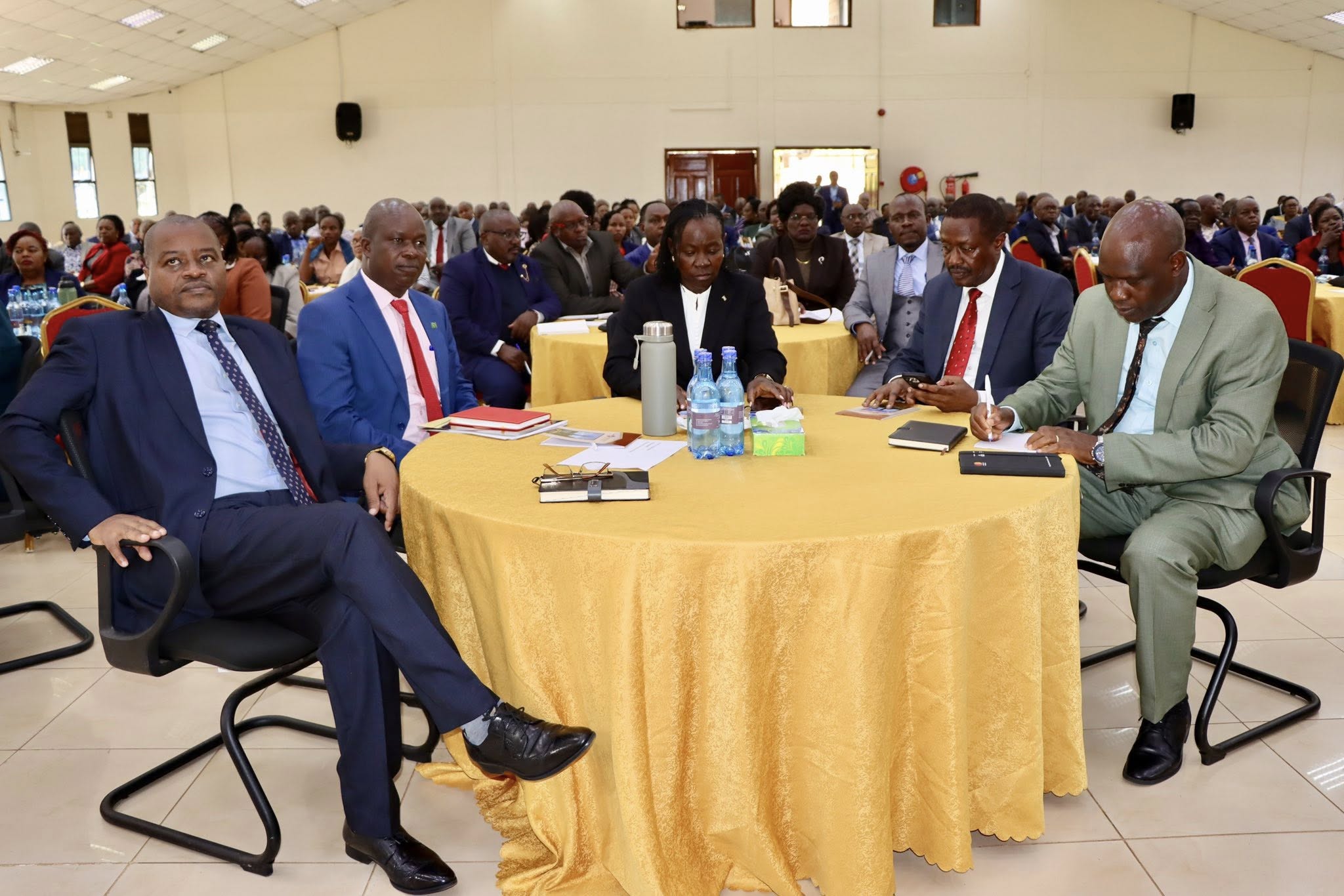By Kiplat Kapusia
Counties in marginalized nomadic areas have been faulted for neglecting early childhood education, making basic education a luxury in remote areas of West Pokot.
There is now a new push for county and national governments to consider injecting more funds by increasing budgets for basic education.
Kenya National Union of teachers (KNUT) representative for Rift Valley Martin Sembelo said policymakers should set clear guidelines regarding how quality pre-primary education and care can equitably be funded and conducted, considering school in these areas is a moving target.
Speaking in Kapenguria recently, Mr Sembelo said that special attention needs to be paid to prioritize early childhood education in disadvantaged communities and to use available funds to provide education services.
He called on stakeholders in the education sector to actively engage in advocating for measures to promote early childhood development as a foundational concept in the counties.
Mr Sembelo said there is need to improve the infrastructure in existing ECDE centres to improve education, as well as design programmes suitable for those who are perpetually on the move.
He said that improvements to early childhood education cannot be made without an increase in the allocation of funds.
“We need to see more involvement of the private sector, but we also need to see an increase in the government’s budget,” he said.
He observed that at the moment, little money from the education budget goes towards early childhood education as ECDE had all but been forgotten by the national government.
“Investing in early childhood is a way of addressing quite a few shortcomings which attend later in life when the child becomes an adult. Early childhood is also a key strategic intervention to address violence,” he said.
Kacheliba MP Mark Lomunokol concurred, saying there is need to offer basic education especially after peace returned in the area.
“Children can even attend evening classes after helping parents during day time,” he said.
He called on the government to help put up temporary structures and portable materials so they can easily be accessed.
The legislator challenged the Ministry of Education and the county government to look at proper ways of ensuring that nomadic pastoralist communities are not left out of basic education.
“There is a stereotype that pastoralist communities don’t like education but their way of life forces them to stay that way,” said Lomunokol.
He said the area requires urgent interventions in the form of ECD centres as cattle rustling, banditry as well as border disputes between the Pokots, Karamojong, Marakwet and Turkana communities have now abated.
“This will help instill good moral values as many people still practice retrogressive cultures like cattle rustling as well as early forced marriages and FGM among girls,” he said.
When sought for comment, a volunteer teacher Irene Serelwa, who moves from one village to another teaching children, said many are willing to attend school fully.
“These villages along the border have many children who are thirsty for education but there are no schools and teachers,” she said.
A resident Linah Kales called on the county government to urgently deploy more ECD teachers to Manyattas, especially along the Turkwel gorge belt and Ombolion regions of Pokot North.
This is an area bordering Turkana County that had known sporadic peace for a long time, but calm has now been restored to welcome education.
County Governor Prof John Lonyangapuo said they had put a lot of effort in early childhood education.
“We have consistently and persistently provided instructional materials to the existing centres to ensure that all pupils get the necessary knowledge and skills required at their level,” he said.
There was no reference to the nomadic groups who need urgent help.






